How to become a certified pickleball instructor?
This certification is for people who are at least 18 years old and want to earn a significant part of their income by teaching pickleball. How to become a certified pickleball instructor? To become a certified member, a person must meet all the application, exam, and experience criteria and agree to follow the USPTA Code of Ethics. If someone is not a U.S. citizen and cannot legally work in the United States but meets all other requirements for certified membership, they can still join as an International Division member.
However, international members do not have coverage under the USPTA’s on-court liability insurance policy. It’s important to note that being a non-U.S. member does not mean that the USPTA sponsors these members to move to the United States to work as pickleball teachers. U.S. labor certification laws apply in such cases. The following are the certification steps to become a certified pickleball instructor:
- Fill out the application form
- Do the Written Exam
- Pass Skill test
- Observation of your skill lessons
To get the proficiency and competence of pickleball instructors, a thorough evaluation process is implemented. This process encompasses a range of assessments that gauge both theoretical understanding and practical application. To get certified, you need to meet these requirements:
- Be at least a 3.5 player (often certified players are 4.0 or higher).
- Have played for at least one year.
- Pay to take the exam.
- Pay for membership, which includes basic personal liability insurance.
How to become a certified pickleball instructor?
Here you will be guided in depth through the process of “How to become a certified pickleball instructor”:
Besides this, the critical components of this evaluation process include:
Step 1: In Depth Written Examination
The written examination aims to measure the instructor’s grasp of pickleball rules, strategic insights, teaching methodologies, and the ability to articulate these concepts effectively. Questions span a spectrum of topics, ensuring that the instructor possesses a well-rounded knowledge base.
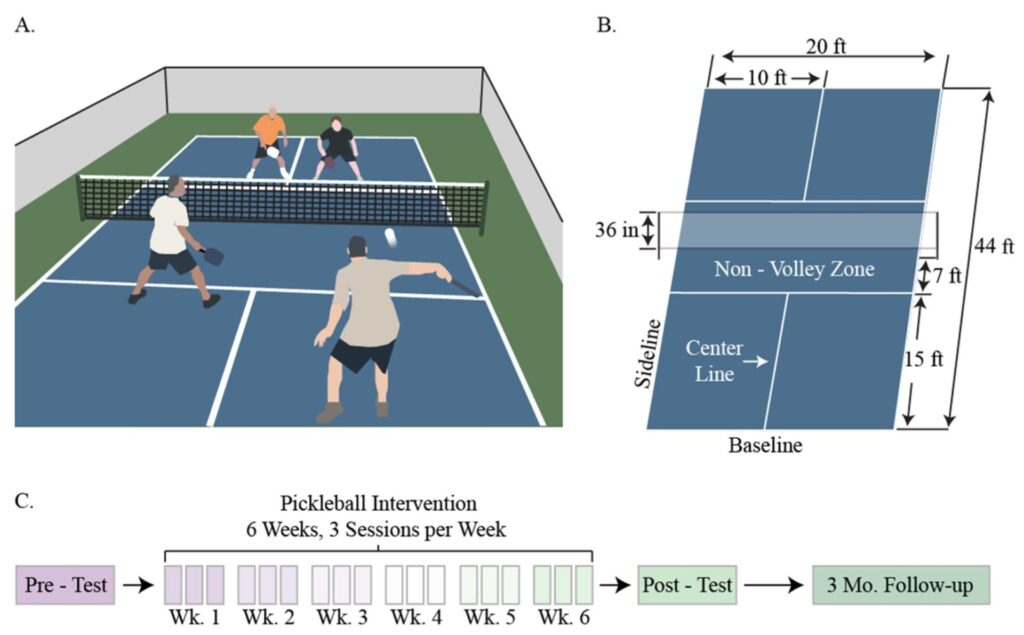
Step 2: Practical Skill Assessment
The practical skill assessment focuses on the hands-on aspects of pickleball instruction. Instructors undergo evaluation based on their ability to demonstrate correct techniques, execute diverse shots, and convey instructions proficiently. This assessment ensures that instructors can not only comprehend the game theoretically but also apply their knowledge practically in a coaching setting.
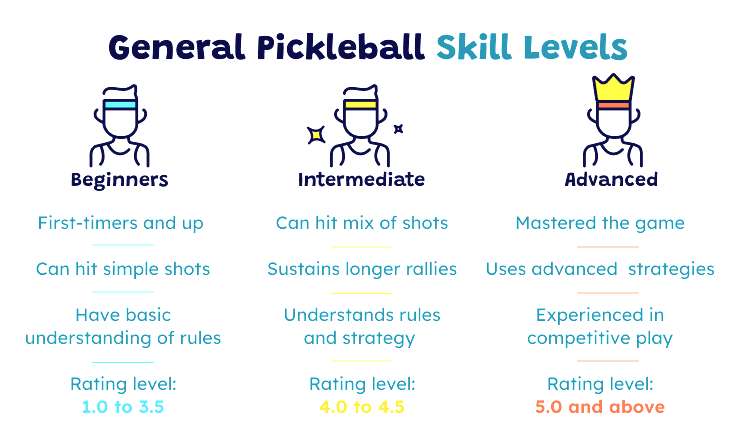
Step 3: Framework for Skill Evaluation
The skill evaluation framework provides a structured outline for assessing the instructor’s proficiency. It may include specific criteria such as grip techniques, footwork, shot accuracy, and overall court awareness. This framework serves as a guide to ensure a comprehensive evaluation, covering all essential aspects of effective pickleball instruction.
Step 4: Live Demonstration
The live demonstration is a pivotal aspect of the evaluation process. Instructors are required to exhibit their coaching prowess by conducting a live session or presenting a pre-planned lesson. This allows evaluators to observe the instructor’s communication skills, teaching style, and ability to engage and instruct players effectively.
Achieving certification is just the beginning; the path to becoming a seasoned pickleball instructor involves a commitment to continuous learning and development.
Selecting the right certification program is crucial for a well-rounded education as a pickleball instructor. The IPTPA (International Pickleball Teaching Professional Association) and PPR (Professional Pickleball Registry) are two trustworthy organizations offering comprehensive certification courses.
IPTPA provides a structured curriculum that covers teaching techniques, skill development, and the psychology of coaching. On the other hand, PPR focuses on practical coaching skills, player development, and strategic coaching methods. Choose the program that aligns with your preferences and goals.
Once you’ve identified the certification program that suits your needs, it’s time to enroll. Please navigate to the official website of your chosen organization and follow the registration process. Most programs offer both online and in-person courses, providing flexibility for aspiring instructors.
FAQs
Why should I choose a certified pickleball instructor over a non-certified one?
Certified pickleball instructors undergo rigorous training, ensuring they possess a comprehensive understanding of the game and effective teaching methodologies. Their certification demonstrates a commitment to excellence and ongoing professional development. With a certified instructor, you can expect structured lessons, personalized coaching, and access to the latest trends in pickleball, ultimately enhancing your learning experience.
Can anyone become a certified pickleball instructor, or are there specific prerequisites?
While anyone with a passion for pickleball can aspire to become a certified instructor, most certification programs have specific prerequisites. These may include a solid grasp of pickleball fundamentals, a minimum level of playing experience, and a commitment to ongoing professional development. The specifics can vary between certification organizations, so it’s essential to review their requirements before enrolling in a program.
How long does it take to become a certified pickleball instructor?
The duration of becoming a qualified pickleball instructor varies depending on the certification program and the individual’s pace of learning. Certification courses typically include a combination of online and in-person training, with the entire process ranging from a few weeks to a few months. Factors such as the availability of courses, your dedication to studying, and the time commitment to practical experience can influence the overall timeline.
What are the benefits of certification and membership with organizations like the IPTPA?
Certification and membership with organizations like the International Pickleball Teaching Professional Association (IPTPA) bring several benefits. These include access to a network of professionals, ongoing training opportunities, and staying updated on the latest coaching methodologies and trends in pickleball. Additionally, certification adds credibility to your profile as an instructor, enhancing your reputation within the pickleball community.
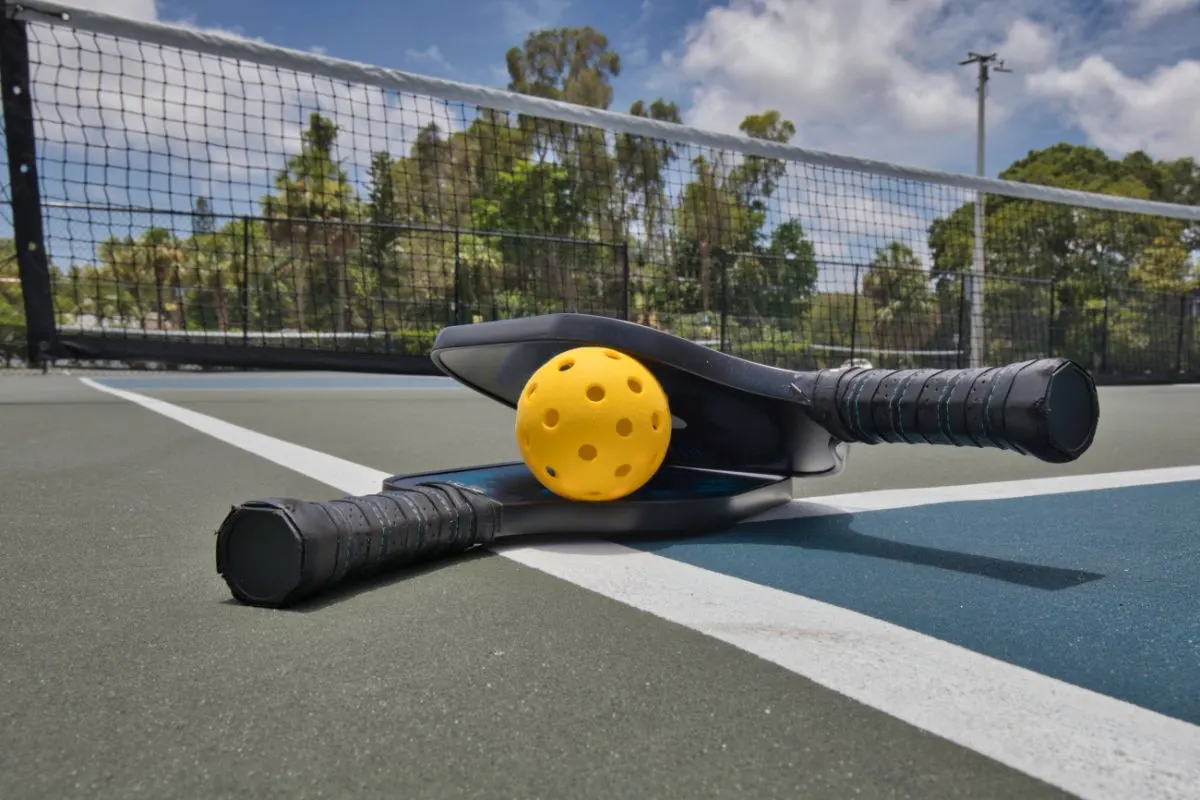
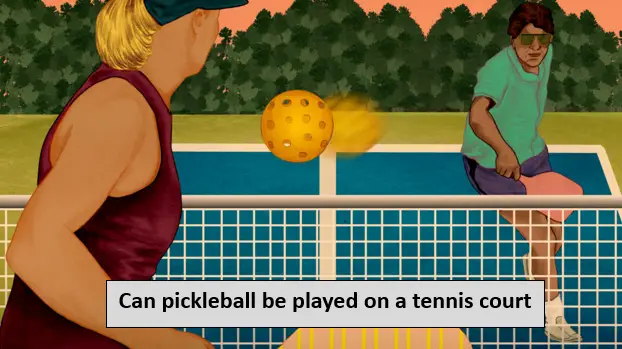
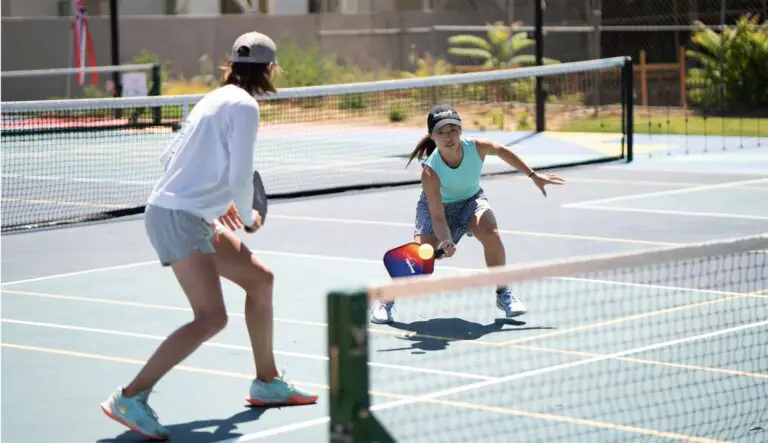
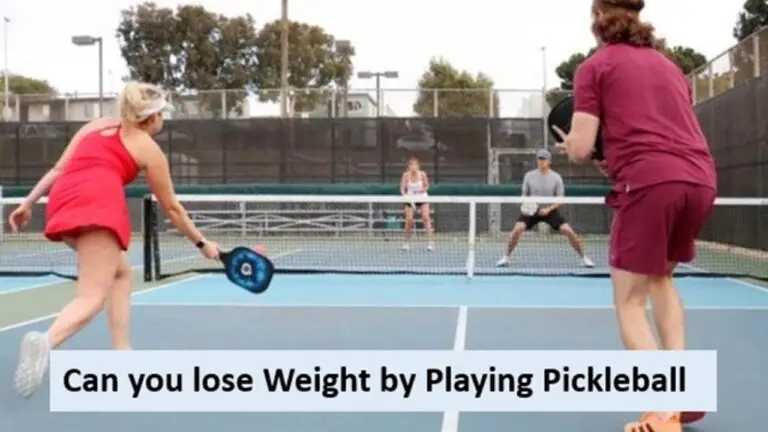
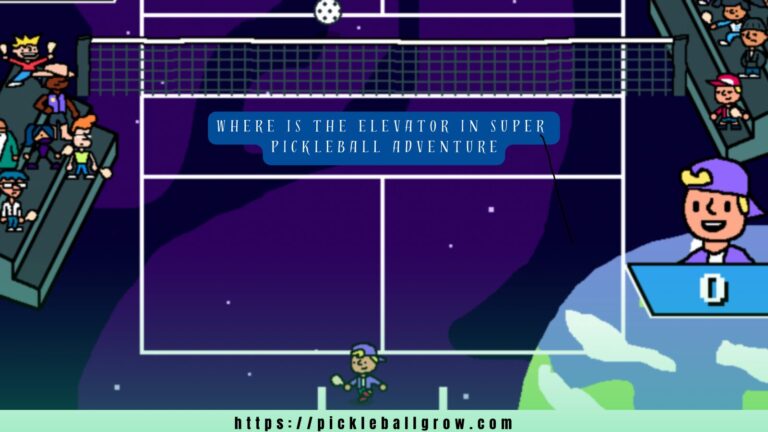

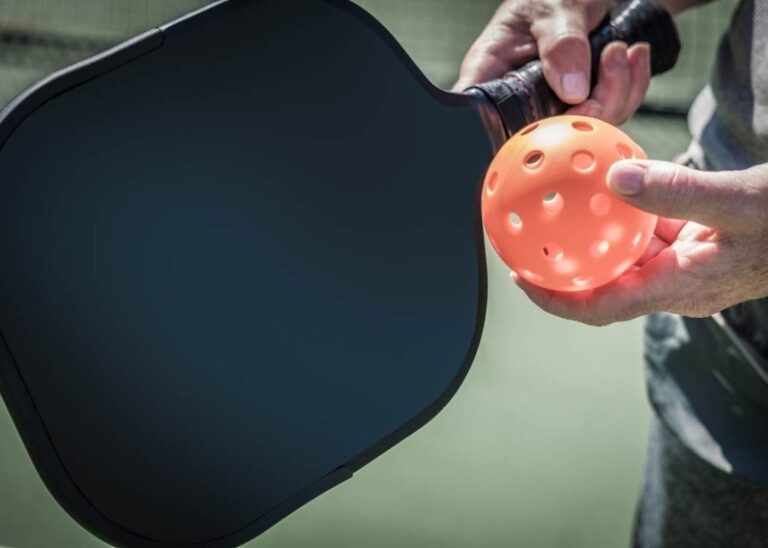
3 Comments